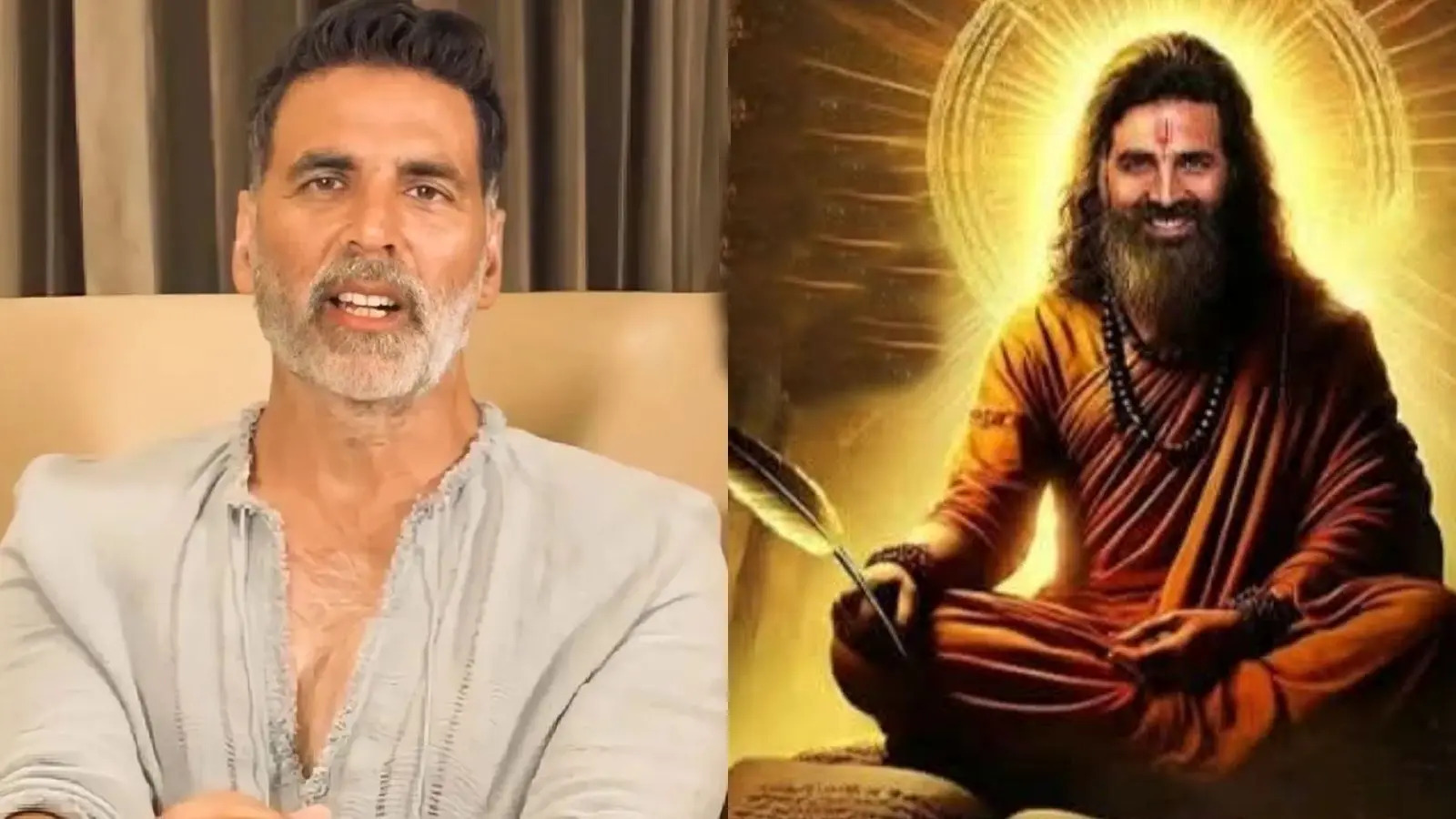Akshay Kumar AI Deepfake Case: Bombay HC Sets Precedent with Removal Order Amid Rising Misuse
On October 16, 2025, the Bombay High Court issued a landmark ruling, ordering the immediate removal of AI-generated deepfake videos featuring Akshay Kumar as Maharishi Valmiki, labeling them “truly alarming.” Justice Arif Doctor granted interim relief to the Bollywood icon, citing severe reputational damage and threats to public order after the fakes amassed over 2 million views across platforms. This case highlights the growing menace of AI misuse in India’s entertainment industry, prompting calls for stricter regulations.
Court’s Ruling: A Stand Against AI Exploitation
The court restrained the use of Kumar’s image, voice, and likeness in AI-generated content, including fake trailers depicting him as Uttar Pradesh Chief Minister Yogi Adityanath. Justice Doctor emphasized the sophistication of morphing technology, noting, “These deepfakes are nearly indistinguishable, posing a clear risk to individuals and society.” The order targets John Doe defendants and mandates platforms like YouTube and X to delete the content within 48 hours, setting a legal precedent for personality rights (Times of India).
Legal experts hail this as a milestone, with advocate Abha Singh stating, “It’s a wake-up call for lawmakers to enact AI-specific laws.” The ruling also addresses compensatory damages, with Kumar seeking ₹10 crore for emotional distress, though the amount remains under adjudication.
Broadening AI Misuse in Bollywood: A Growing Trend
Akshay Kumar joins a growing list of Bollywood stars targeted by deepfake technology. In 2024, Aishwarya Rai faced manipulated videos linking her to political scandals, while Hrithik Roshan’s likeness was used in fake endorsements, costing brands millions. Abhishek Bachchan’s AI-altered interviews sparked outrage, prompting industry-wide concern. A 2025 FICCI report estimates deepfake incidents rose 300% since 2022, fueled by accessible AI tools like DeepFaceLab (The Hindu).
The Valmiki deepfake, portraying Kumar in a religious context, stirred communal tensions, with right-wing groups accusing it of blasphemy. This has intensified demands for a national AI ethics board, with the Ministry of Electronics and IT promising a draft policy by December 2025.
Public and Industry Reactions: A Call for Action
Twitter erupted with support: “Deepfakes threatening stars—HC right to act!” (Bollywood Watch). Fans praised Kumar’s proactive stance, while director Anurag Kashyap warned, “This could end careers if unchecked.” The Indian Motion Picture Producers Association (IMPPA) plans a workshop on AI safeguards, collaborating with tech firms to develop detection algorithms.
Globally, the case draws parallels with the 2023 Tom Cruise deepfake scandal, where AI clones promoted scams. Indian netizens demand platform accountability, with X facing scrutiny for delayed content removal despite Kumar’s legal notice.
Technological and Legal Challenges Ahead
AI deepfake creation has evolved, with tools now requiring minimal expertise and costing under $100. A study by the National Institute of Advanced Studies (NIAS) found 70% of deepfakes in India target celebrities, driven by clickbait and political agendas. Legally, India’s IT Act, 2000, lacks specific provisions, relying on Section 66E for privacy breaches, which experts call inadequate (Medianama).
The government’s proposed Digital Personal Data Protection Bill 2023 may address this, but enforcement remains a hurdle. Tech companies like Meta and Google are testing watermarking solutions, though effectiveness lags against advanced morphing. Kumar’s case could accelerate international cooperation, with India eyeing the EU’s AI Act as a model.
Conclusion
The Bombay HC’s order in Akshay Kumar’s deepfake case marks a critical step toward protecting personality rights amid AI’s rapid evolution. As Bollywood grapples with this threat, the ruling underscores the urgent need for robust laws, platform accountability, and public awareness to safeguard India’s cultural icons and social harmony. This precedent may inspire similar actions across South Asia, shaping the future of digital ethics.
